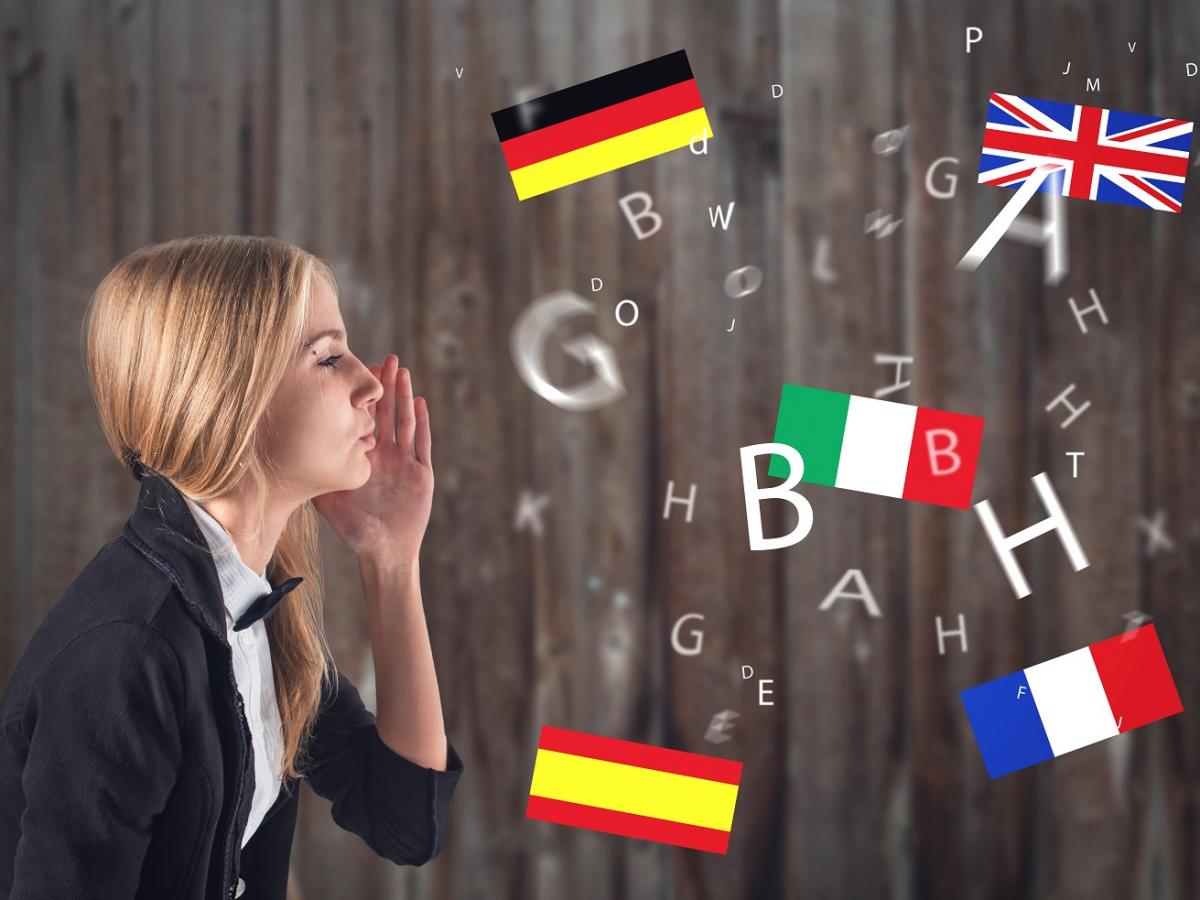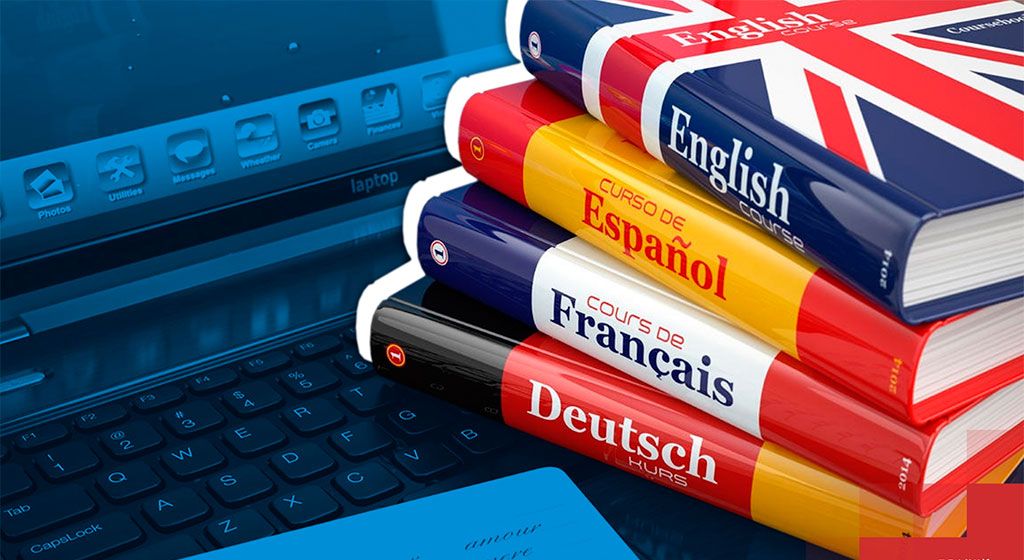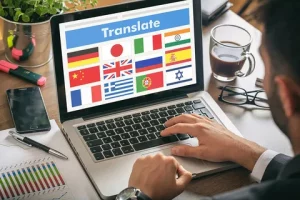Allowing online translation https://lingvanex.com/translation/english-to-tagalog could even open the windows to a new era in multilingual education, making this language learning and practising way more comfortable, engaging, and exhaustive. “The fast-growing technology, with the advent of modern online translation tools, is a must in breaking down language barriers so that students and educators can co-operate more and better across the world. This paper will try to paint a picture of how exactly online translation is transforming the multilingual education landscape, empowering learners, and even leading to intercultural understanding.
Language Learning Accessibility
The availability of such a tool offers learners real-time translations in the attempt to understand contents of texts and conversations presented as they unfold in other languages. This is going to encourage a good number of people to join in languages learning, irrespective of the proficiency one may have had in his or her former language learning.
Personalized Learning Pathways
This can be achieved by giving personalized, individual-oriented learning pathways based on translations carried out through online translation tools. It would help students move at their own pace since translation could be adjusted towards their language levels and learning objectives.
Language Practice in Authentic Contexts
For example, authentic use of the target language can be practiced with native speakers or foreign language media by using online translation. In this way, practical application enhances language proficiency and cultural understanding.
Breaking Down Language Barriers in Global Collaboration
In the world of growing interconnectedness, online translation further strengthens teamwork in student activity emerging from different language backgrounds. This helps improve communication and the possibility of working together by enabling them to work with cultural exchange and work on cross-culture projects.
Enhancing Multilingual Curriculum
Using the online translator, the teacher can therefore use in his curriculum a number of languages and, in that way, be able to provide a lot of cultural content, in general, and world literature when teaching languages.

Language Support for E-Learning Platforms
The integration of online translation within e-learning platforms provides language support to international students, hence ensuring that differences in the use of language do not develop into a barrier towards completing studies.
Augmented Reality and Language Learning
One of the examples of the tool on the web that fully immerses learners in the language through augmented reality is https://lingvanex.com/translation/english-to-spanish, and this is what enables the whole with the help of including online translation in the language apps.
Multilingual Learning Materials for Teachers
The capability of online translation empowers teachers with the resources that will make them better support such students across the different languages and their learning needs.
Cultural Awareness and Empathy
Thus, the use of online translation in the learning process enables exploring literature and media of another culture. In this, learners are expected to develop cultural awareness and empathy for a more inclusive and globally conscious generation.
Preparing Students for Global Opportunities
Equipping the student with language skills, through fitting into a world that is much more interconnected, multilingual education allows an individual to increase possibilities both for study and for work at an international level, and for cooperation.
Online translation is really on the verge of changing how multilingual education takes place and will provide learners and educators with powerful tools for language learning, collaboration, and cultural exchange. This way, online translation, with enhanced access to more personalized learning paths and open global communications, the tumbles of language barriers are reduced. This fosters intercultural understanding. Thus, if being properly treated in educational practices, multilingual education could give the possibility for students to succeed in a multicultural world by means of these modern informational means and forge from them worldwide citizens armed with language and culture.



